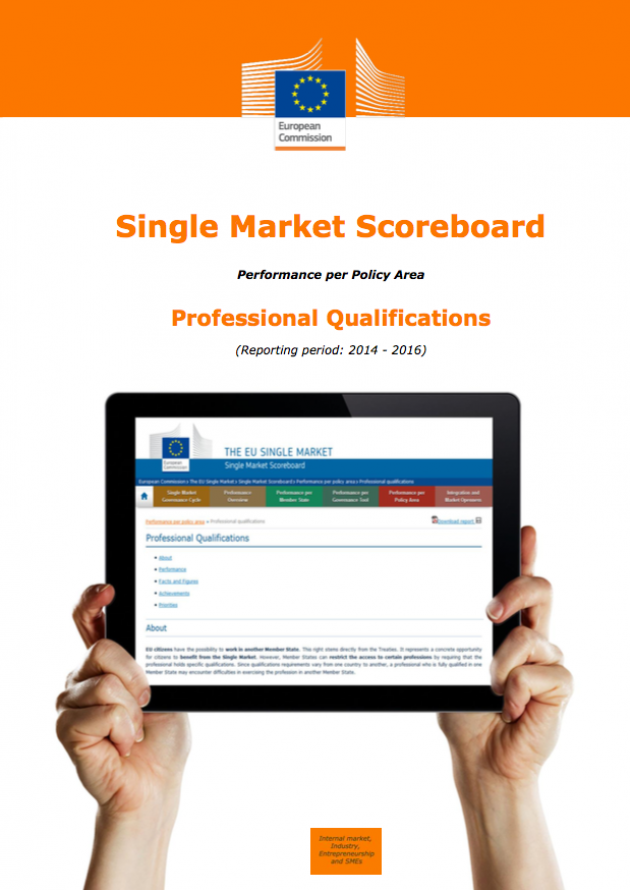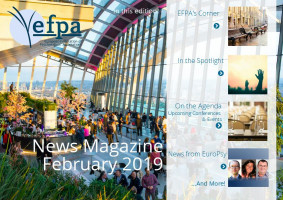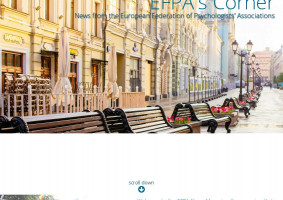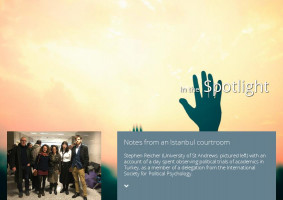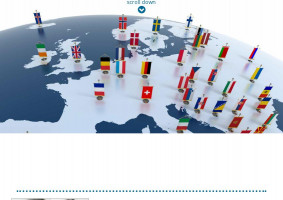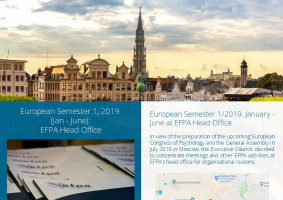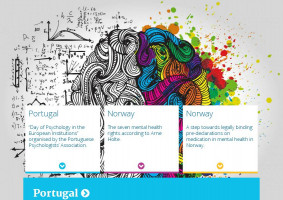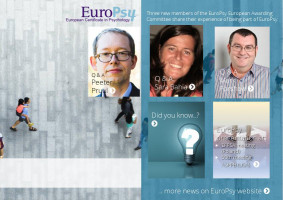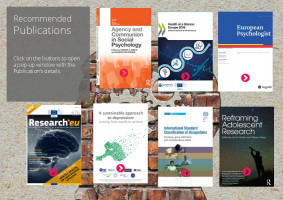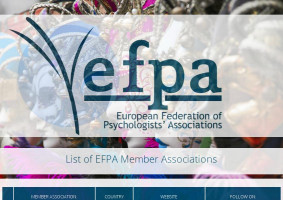London school of Economics and Political Science
(Dept. Media and Communications):
Parenting for a Digital Future project
By Sonia Livingstone
Based in the Department of Media and Communications at the London School of Economics and Political Science, we are conducting a three-year research project on Parenting for a Digital Future. Supported by the MacArthur Foundation’s Digital Media and Learning initiative, this research is based on a series of qualitative case studies that investigate how children and young people, along with their parents, carers, mentors and educators imagine and prepare for their personal and professional futures in a digital age.
More information about our research
Subscribe to the blog
You can keep up to date with our research and new project updates by subscribing to the blog, and by following Sonia and Alicia on Twitter.
Read more here below
To mark the new year, we take a look back at our posts from 2018 and ahead to what’s new for 2019:
Children’s privacy and data online
Post-GDPR and post-Cambridge Analytica, privacy remained a major topic for discussion, from children’s data that we willingly post on social media when ‘sharenting’, to that which is captured as we move through security spaces such as airports. We also launched our research on how children themselves understand privacy online, how this impacts on their capacity to give informed consent, and different contexts present new challenges. This research runs counter to the idea that children don’t care about privacy or that the onlysolution is to improve their digital literacy. (...) Read more
Digital literacy: emotional, critical and familial
Building on such debates, we also questioned the notion that where regulation falls short in protecting children’s rights online, digital literacy offers a silver-bullet solution. We highlighted the concerns that even IT professionals have about the literacy skills that their children might be developing, suggesting that what is also needed is better emotional literacy. With a recent UK government report showing that only 2% of children can identify fake news, we summarised 10 key readings on how to cultivate a critical approach to the media, including amongst policy-makers, for example how to have a critical understanding of news reports on teen ‘crazes’ like the Blue Whale game. (...) Read more
Wellbeing: risk and opportunities
Bullying has been high on the agenda – we have presented research examining what social media companies are actually doing about the problem, and asked whether ‘cyberbullying’ is the most useful term to use to describe online harm. We also considered the risks of online bullying and grooming faced by children in Nigeria and called for the government to improve policy and legislation. We asked whether... Read more
RECOVER-E:
LaRge-scalE implementation of COmmunity based mental health care for people with seVere and Enduring mental ill health in EuRopE.
Click to find more information in pop-up
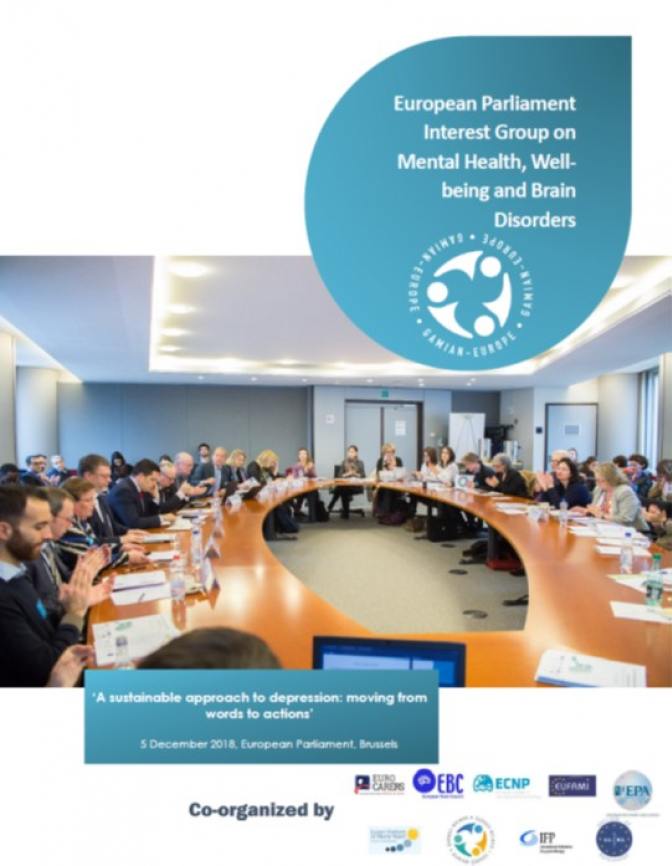
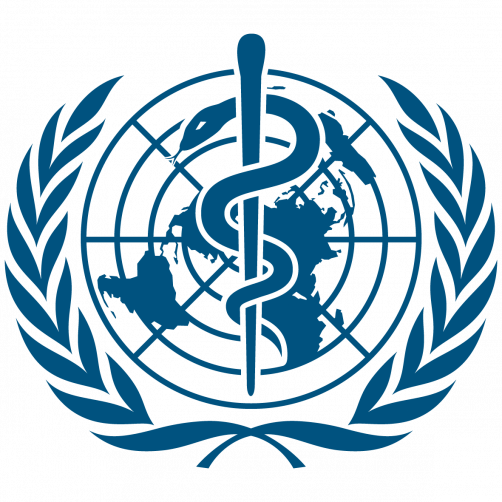
World Health Day 2019:
Universal health coverage
Universal health coverage is WHO’s number one goal. Key to achieving it is ensuring that everyone can obtain the care they need, when they need it, right in the heart of the community.
Progress is being made in countries in all regions of the world.
But millions of people still have no access at all to health care. Millions more are forced to choose between health care and other daily expenses such as food, clothing and even a home.
This is why WHO is focusing on universal health coverage for this year’s World Health Day, on 7 April.
Visit the website
Blogs & newsletters
Here is a list of interesting blogs to follow and newsletters to subscribe to:
Health and Care Professions Council (UK)
European Commission DG GROW
International Association of Medical Regulatory Authorities (IAMRA) newsletter
European Parliament internal market committee newsletter
Professional Standards Authority (UK) newsletter
CORU Regulating Health + Social Care Professionals (Ireland)
_w484_h512_1.png)
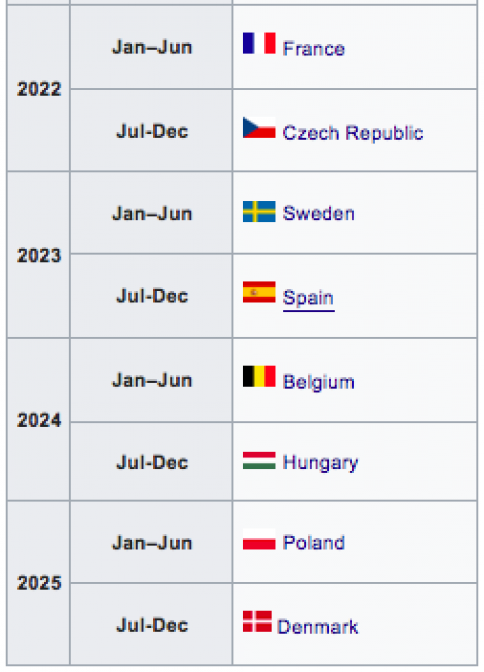
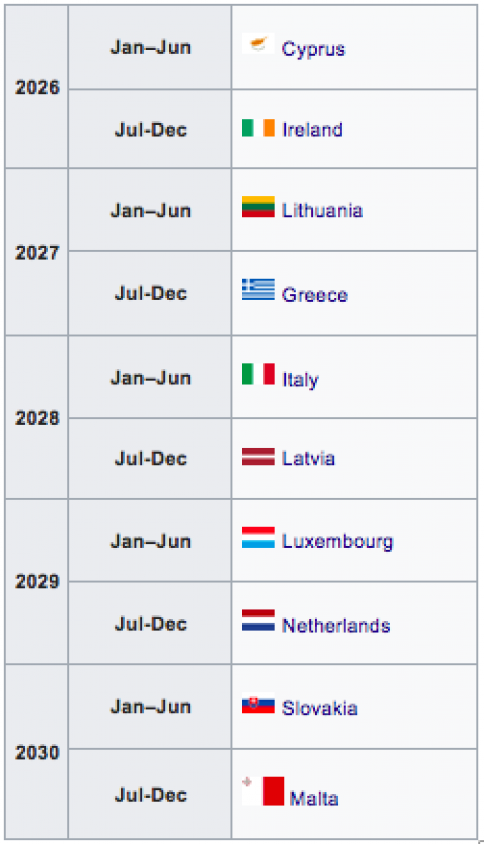

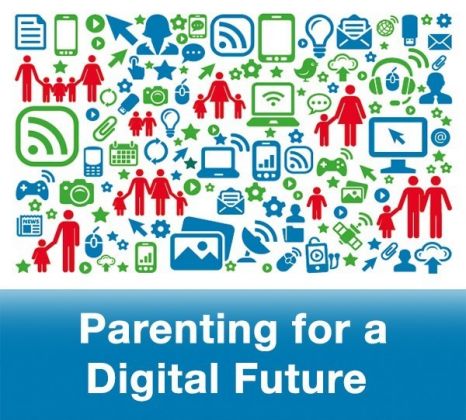

_w306_h202_1.jpg)
